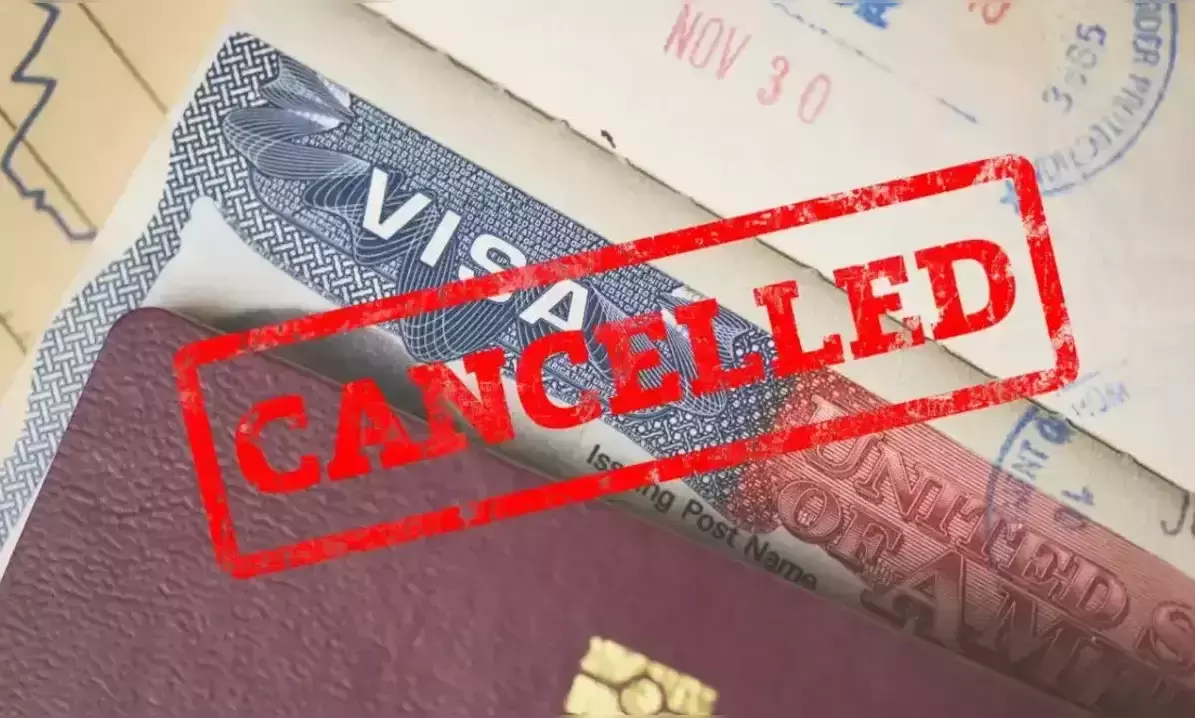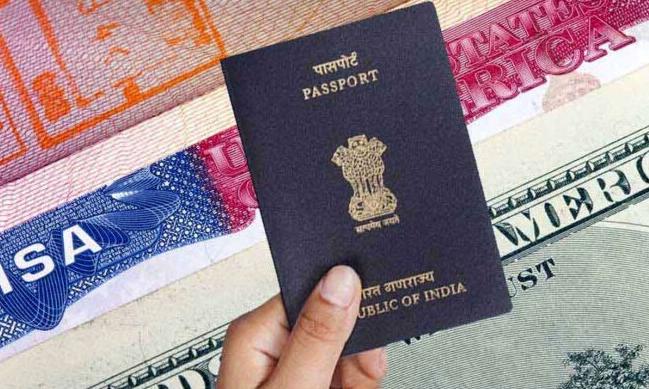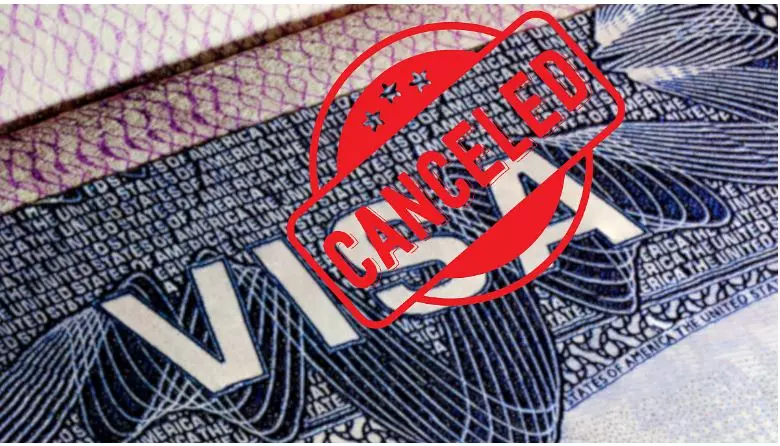
50% of US student visas cancelled under Trump affect Indians: Study
text_fieldsIndians account for 50% of the 327 student visa revocations carried out by the United States since the Donald Trump administration took office, according to a study by the American Immigration Lawyers Association (AILA). The study reveals that the Department of State and Immigration and Customs Enforcement (ICE) have been aggressively targeting international students, including those without a history of protest, for visa revocation, status termination, and removal.
The AILA's policy brief highlights that the US government has been using Artificial Intelligence to screen the social media posts of student visa holders under the “catch and revoke” program. The data, which was gathered by lawyers, students, and university staff, shows the scope of the crackdown on international students, particularly those from India.
The Congress party has expressed concern over the issue, with leader Jairam Ramesh pointing out the randomness and lack of clarity behind the visa revocations. "There is growing fear and apprehension," Ramesh stated, questioning whether the Indian government would raise the matter with Washington.
On Thursday, the Union Ministry of External Affairs assured that the Indian embassy and consulate were in contact with affected students to offer support. "We are aware that several Indian students have received communication from the US Government regarding their F-1 visa status," said ministry spokesperson Randhir Jaiswal. "We are looking into the matter."
In a report from March 27, Secretary of State Marco Rubio stated that the US may have already revoked more than 300 student visas. Since then, the number has continued to rise, with many students having their visas revoked following encounters with law enforcement, even when no convictions resulted.
The AILA's brief describes these administrative actions as "unprecedented" and raises concerns about due process violations. The brief also highlights the legal uncertainty surrounding these actions. After India, China accounts for the second-largest group of affected students, with 14% of the revocations. Other countries affected include South Korea, Nepal, and Bangladesh.
The report notes that 50% of the revocations have impacted students on Optional Practical Training (OPT), which means they had already graduated and were employed in the US. Interestingly, only two students had any history of political protests, while 86% of the students had some level of interaction with the police. However, 33% of these cases were dismissed, and the students were neither charged nor prosecuted.
Among the cases reported, some students had interactions with the police for domestic violence cases or minor offenses like speeding tickets and parking violations. The AILA calls for greater transparency, oversight, and accountability to prevent further arbitrary visa revocations and terminations of records in the Student and Exchange Visitor Information System (SEVIS). It also advocates for a streamlined process that would allow students to appeal SEVIS terminations without gaps in their employment or requiring university involvement, given the scale of the issue.
Terminating a student’s SEVIS record means that the individual is no longer maintaining their visa status, a consequence that can have far-reaching implications for affected students.








